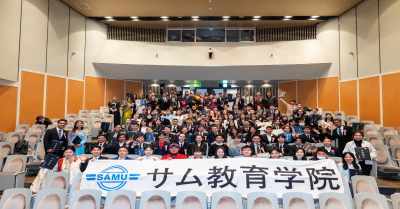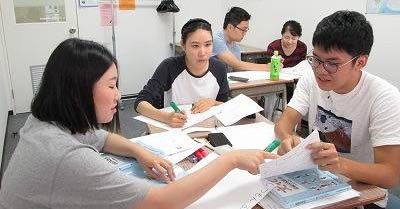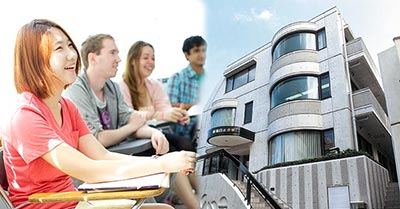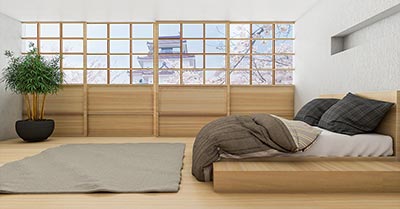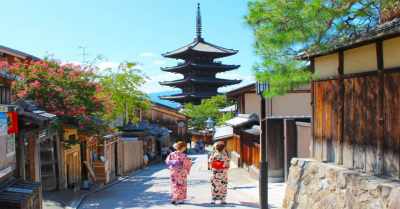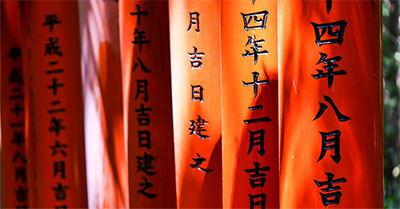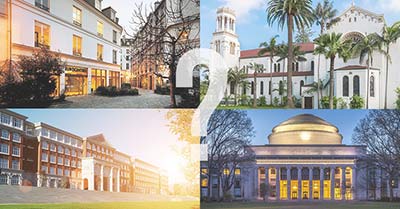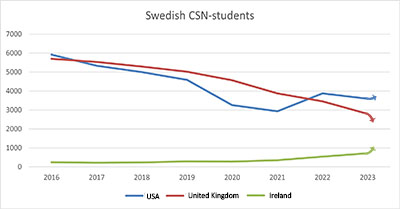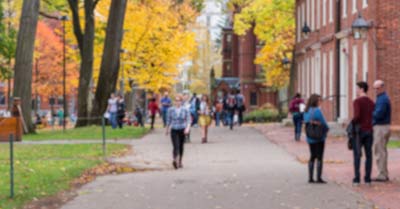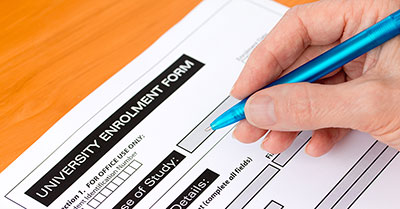Language Schools in Japan
Do you want to study Japanese at a Language School in Japan? Maybe in Tokyo? Here we explain how it works, recommend Japanese Schools, and answer all common questions.
I have helped thousands of students to study in Japanese Language Schools since 2006. I have visited many Japanese Schools around the country, not least in Tokyo. We can help you to study in Japan. Here we will give you all the information you need to study at language schools in Japan.
Questions answered in this article:
Why should I study Japanese in Japan?
Which courses can I take at a Japanese School?
When can I start a course in Japan?
What is the minimum age at Japanese Language Schools?
Can I get a scholarship to study Japanese in Japan?
How do I apply for a student visa to study in a Japanese School?
Alternatives to studying in Tokyo
What are the JLPT and EJU exams?
Can I stay in Japan after studying in a language school?
Where do I live when I study in Japan?
Can you recommend some good language schools in Japan?
Why should I study Japanese in Japan?
Japan is the Otaku paradise! Japanese culture is fascinating, charming and multifaceted. It has absorbed the influence from both the east and west, from ancient to modern times. The culture is expressed and interpreted by its language. Japanese people are very shy and not confident in speaking foreign languages. There are a lot of subtle ambiguities and underlying meanings in the language which are lost in translation. To learn Japanese is the most effective way to really understand this unique culture. And there is no better way to learn Japanese and experience Japan than to study at a Japanese Language School in Japan.
Which courses can I take at a Japanese School?
There are two primary courses students can take when they study at language schools in Japan:
- Long-term Japanese courses of 20-80 weeks – on a student visa
- Short-term Japanese courses of 2-12 weeks – on a tourist visa/visa waiver
Japanese Language Schools in Japan are very similar to each other and almost all schools offer these two courses. The main difference between the schools is their location, their nationality mix, and their teaching methods.
Some schools also offer other courses with a focus on things like exam preparation or business. However, these courses are usually just variations or supplements to the core course listed above.
The reason that the short-term courses are limited to 12 weeks is that most tourist visas/visa waiver programs only allow you to stay in Japan for 90 days. However, if you have another visa (for example a Working Holiday visa or a Spouse visa) you might be able to take a short-term course for more than 12 weeks.
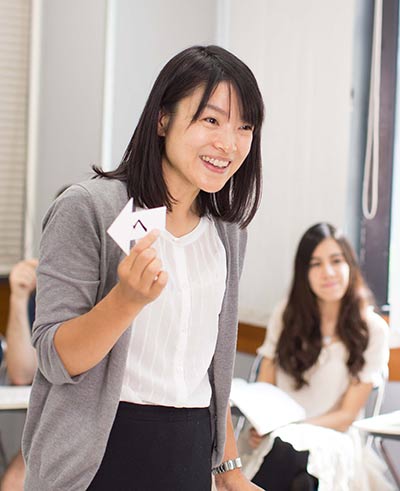
When can I start a course in Japan?
For long-term courses, almost all Japanese Language Schools give four semesters of 10 weeks per year. The biggest start dates are in April and October, but many schools also have an intake in January and July. The maximum length is 8 semesters/80 weeks. The minimum length is usually 20 weeks, but some schools have a minimum length of 40 weeks or more on long-term courses.
Short-term courses for beginners usually start on the same dates as the long-term courses, but if you already know some Japanese you can also start at other times. At some schools, beginners can start on short-term courses every month or almost every Monday during the summer. You can choose how many weeks you want to study.
What is the minimum age at Japanese Language Schools?
For long-term courses, you must have graduated from high school and completed 12 years of school in your home country. So in practice, the minimum age is usually 18 for long-term courses.
On short-term courses, the minimum age is usually 16, or even 14 years old during the summers at some language schools. Younger students interested in Japan can also consider doing a high school year in Japan. Fill out an info request for more information.
How much does it cost to study at a language school?
The price varies from school to school, but in my experience, most Japanese Language Schools have similar prices. The total cost per year (40 weeks) is usually between 750 000 and 1 000 000 Yen including tuition fees, material fees, admission and registration fees, and facility fees. Accommodation, food, and the trip to Japan are not included in this price.
Short-time courses usually come with a weekly price. Here there are more variations from school to school, but expect a tuition fee of at least 30 000 Yen per week excluding registration fees and other extras.
Can I get a scholarship to study Japanese in Japan?
Scholarships are unusual for language schools, they are more common for undergraduate and graduate studies in Japanese Universities. However, our partner school Waseda BK in Tokyo offers a 50% tuition fee scholarship in the first year to students of selected nationalities. Several schools also offer discounts to students from DreamStudies, and you can apply for DreamStudies’ Study Abroad scholarship for language courses starting next year at selected schools in Japan.
There are also a few national scholarships like Mext and Jasso but they can be very competitive. Read more about scholarships in our article study in Japan.
How do I apply for a student visa to study in a Japanese School?
Japanese Language Schools will sponsor a student visa for students on long-term courses. First, you apply to the Language School. Once you have been accepted they will translate some of your documents into Japanese and submit an initial visa application to the Japanese Immigration Authorities. If successful you will receive a Certificate of Eligibility about one month before your course starts. With this document, you can do the final visa application at the Japanese Embassy in your home country.
For long-term courses, I recommend that you start the application process 5-10 months before your course starts. This can be a time-consuming process with a lot of documents (application form, proof of finance 2 000 000 Yen, personal history form, short essay etc) to fill out and deadlines to be met.
The good news is that most of this is a formality. For students from Western countries, it is easy to get accepted to study at a language school in Japan. However, if you live in a country where many previous students have abused their student visas to Japan in the past (by overstaying or working instead of studying) it will be much more difficult to get a student visa.
For short-term courses, you cannot get a student visa, but depending on your nationality you can study on visa waiver, a tourist visa, or a Working Holiday visa. Read more about the application and visas to Japan.
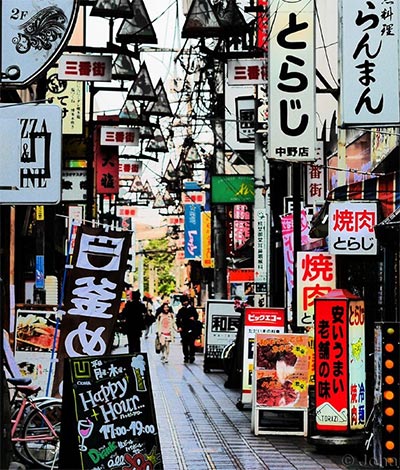
Can I work when I study at a Japanese School?
Students on a student visa can get a work permit that gives them the right to work 28 hours per week during school weeks and 40 hours per week during semester breaks. Read more about working as a student in Japan.
What are the JLPT and EJU exams?
JLPT is the Japanese Language Proficiency Test that you use to prove how good you are at Japanese that foreigners can use to apply for vocational school or a job. JLPT is given in five levels where N5 is the lowest and N1 is the highest. Read more about JLPT and schools that give JLPT-prep courses.
EJU is the Examination for Japanese University Admission for International Students. This test is mandatory if you want to study in Japanese at most Japanese Universities. The test consists of four parts: Japanese Language, Japan and the world, Science (Physics, Chemistry, Biology) and Mathematics. Read more about EJU and schools that give preparatory courses.
Can I stay in Japan after studying in a language school?
Language school students who have achieved JLPT N2-level in Japanese can choose to continue their education in vocational schools, Senmon Gakko, where practical subjects such as design, music, dance, anime, manga, photography, hospitality, etc are taught for 2-3 years in Japanese. Alternatively, you can apply to a Japanese University. Most degrees are taught in Japanese but we can help you with selected programs in English at Yamanashi Gakuin University and Kyoto University of Advanced Science.
Once you have a Bachelor’s Degree or a Senmon Gakko exam you can stay in Japan for a year and apply for a job. If you secure a good job your employer might be able to sponsor a work visa so you can stay longer.
Where do I live when I study in Japan?
Your language school can help you with student housing. Just be prepared that the standard and especially the size of your student room might not be what you are used to at home. With its limited space and condensed population, cheap accommodation with a good standard is hard to find in Japan, especially in big cities like Tokyo.
Here we present three good options for language school students:
Homestay
Living with a Japanese host family is a great chance to get an insight into the real Japan. You can stay with a Japanese family during your study in Japan. This way you maximize your Japanese language and culture immersion experience. The host families also provide both breakfast and dinner (optional) which makes your life a lot easier and you get to try Japanese home cooking, healthy and tasty. The standard of living is usually better than in Share Houses and student apartments. On the downside, you must be prepared to commute since Tokyo is a very big city and most Japanese families live on the outskirts of town. Rush hour commute can be a bit of a pain but it is also a must to experience when living in Tokyo. Some language schools also offer the possibility of afternoon classes so you can avoid the worst rush hour in the morning.
Read more about Homestay in Japan
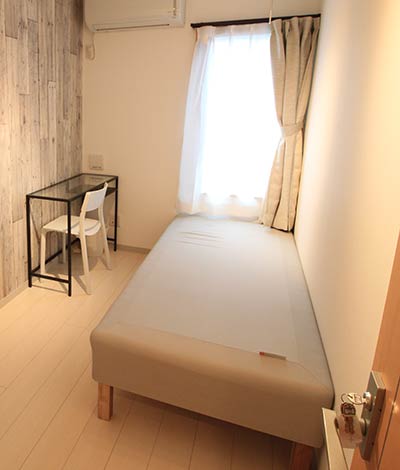
Share Houses and student dormitories
If you are looking for an international experience where people from different backgrounds live together, Share House is an ideal option. Share houses are usually fully furnished, where you get a private bedroom but share the bathroom, kitchen, and common areas with other residents. Share House is the cheapest option for long-term stay in Japan. They are often quite centrally located. But be prepared for a small room and a busy and less neat kitchen and bathroom. Share House can be challenging if you care about tidiness and privacy a lot.
Read more about Share Houses in Japan
Student apartment
Are you thinking about a spacious apartment with a kitchen, bedroom and living room? Stop right there! In Japan, a student apartment usually means 12-20 square meters and compact living with a kitchenette and a unit bathroom with shower. For language students, we recommend equipped studio apartments with basic furniture and electronics. To live independently and have your own place in an apartment in Japan can be appealing. But be aware that apartments come with long contract periods and they cost more than staying in a Share House.
Read more about student apartments in Tokyo
Can you recommend some good language schools in Japan?
Yes! We can help you with language schools in almost all popular cities in Japan. Fill out our info request form to get help. Below you find a list of recommended Japanese Language Schools:

